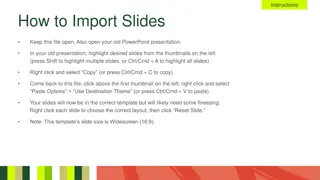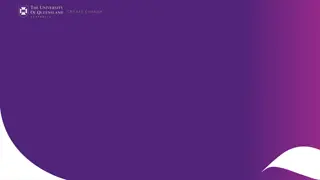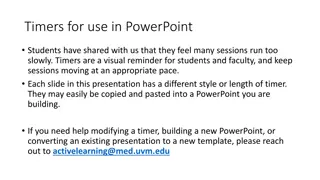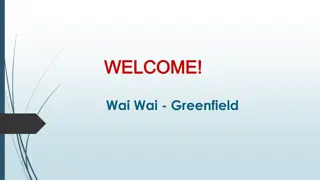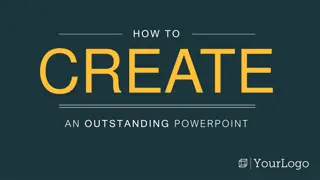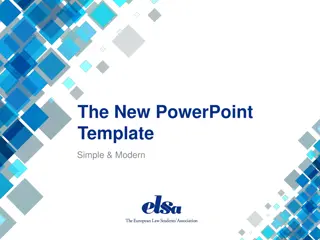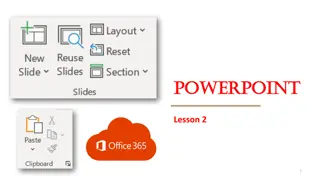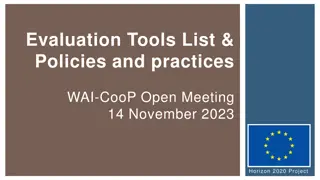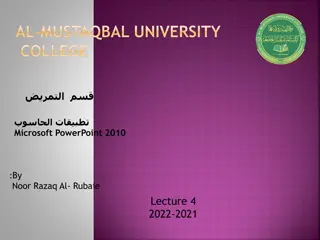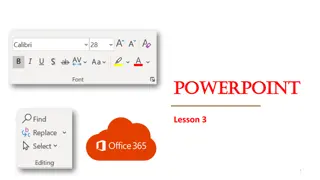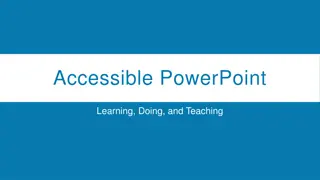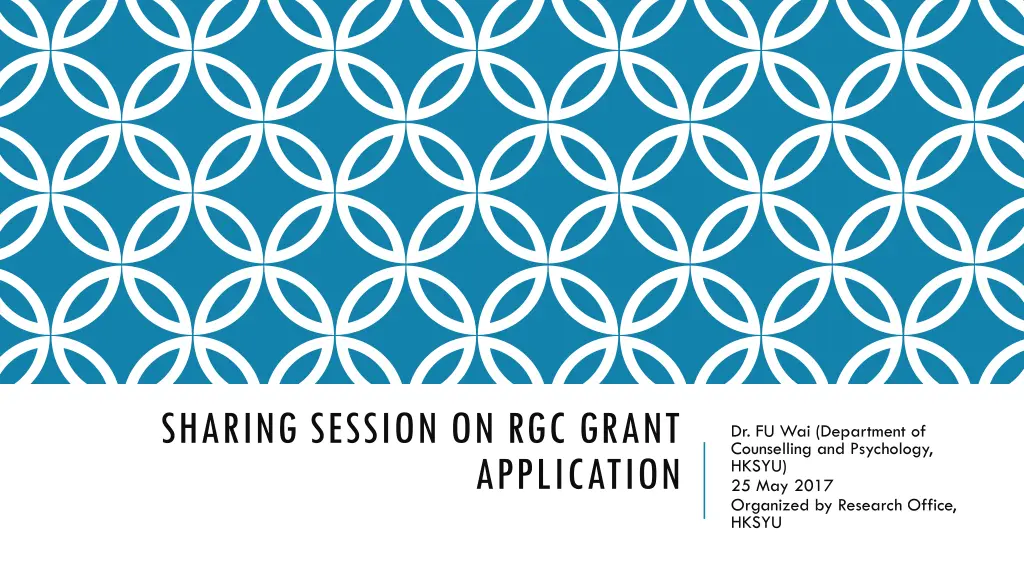
Local Competitive Research Funding Schemes & Assessment Criteria Overview
Gain insights into types of research funding schemes and success rates in Hong Kong's self-financing degree sector. Understand the evaluation criteria for project assessments and specific requirements for proposal submissions.
Download Presentation

Please find below an Image/Link to download the presentation.
The content on the website is provided AS IS for your information and personal use only. It may not be sold, licensed, or shared on other websites without obtaining consent from the author. If you encounter any issues during the download, it is possible that the publisher has removed the file from their server.
You are allowed to download the files provided on this website for personal or commercial use, subject to the condition that they are used lawfully. All files are the property of their respective owners.
The content on the website is provided AS IS for your information and personal use only. It may not be sold, licensed, or shared on other websites without obtaining consent from the author.
E N D
Presentation Transcript
SHARING SESSION ON RGC GRANT Dr. FU Wai (Department of Counselling and Psychology, HKSYU) 25 May 2017 Organized by Research Office, HKSYU APPLICATION
TYPES OF COMPETITIVE RESEARCH FUNDING SCHEMES FOR THE LOCAL SELF-FINANCING DEGREE Faculty Development Scheme (FDS) For individual research project Institutional Development Scheme (IDS) The university as the applicant Inter-institutional Development Scheme (IIDS) It s usually sponsoring activities that can enhance academic interflow (e.g. conference, seminars, workshops)
SUCCESS RATE (2016) IIDS: about 1/3 FDS: about 1/4 b) Inter-institutional Development Scheme 10 4.6 million ($460,000 HKD in average) c) Faculty Development Scheme 50 38.3 ($760,000 HKD in average)
FDS Criteria for evaluation from real comment file Based on 8 items (1-5 points Likert scale, overall average for ALL reviewers must reach 4 or above in order to pass the reviewing process)
ASSESSMENT CRITERIA Project related Criteria 1) scientific / scholarly merit (quality of literature review, methodology, etc.) 2) relevance to the needs of Hong Kong 3) Potential for social, cultural, or economic application 4) Impact of research (i.e. innovativeness, potential for follow-up studies)
ASSESSMENT CRITERIA The Principal Investigator 5) Ability to undertake the proposal (* should be stated in the proposal) 6) Track record in the file (how to tackle this problem) 7) Junior academic entering into employment within first to third year (Y/N) 8) Institutional commitment
SPECIFIC REQUIREMENT FROM ASSESSMENT FORM 1) Comment on long-term impact and objectives of the proposal. Are the long-term impacts and objectives of the research agenda clearly articulated? 2) Please comment on the research design and methodology 3) Please comment on the feasibility of the research within the time-scale of the proposal. (* my experience: should be estimated on 15/hr per week schedule X 104 weeks schedule) 4) What do you consider to be the most original or innovative aspect of the proposed research? What advances or contribution will the research result bring about to the related field if the proposed research is successful?
5) Is the proposed research likely to develop the research capability of individual academics and contribute to their academic/ professional development, so that they can transfer their research experiences and new knowledge into teaching and learning? 6) Is the proposed research output likely to lead to advances in knowledge that could be transferred into teaching and learning, insights of interest or value to the research community? 7) Please comment on the reasonableness of the proposed budget, including purchase of equipment and manpower planning.
INSIGHTS Budging is EQUALLY important to literature review / design Art of persuasion: how to link literature review/ design, with output, and implications, and applications (to teaching and research) Local relevance VS Theoretical contribution Too local? Or No local relevance?
FDS: MY EXPERIENCES (SUCCESS, AND FAILURE) FDS experience The missing link: an investigation of Moism, the School of Names, and the School of Diplomats and their place in the history of ancient Chinese psychology (successful case) Category: Philosophy, History, Psychology
A reviewer give very low rating on relevance to the needs of Hong Kong/ potential for social, culture or economic application Fortunately, other reviewers rates positively on these areas as I ve mentioned that it will be beneficial for teaching and learning of history of psychology.
LONG TERM IMPACT Statement of problem state the research gap and rooms for new applications Relevance of the proposed study to theory, to the field, to general public
The literature review Already contain part of pilot results from previous studies (this can overcome the difficulty in publication track record) I ve added an extra-section on Feasibility of the project in the literature review and mentioned my previous relevant research experience (e.g. conference presentation). Hypothesis testing is not a must , yet research questions, and how each questions will be responded by different aspects in methodology , should be addressed.
Methodology Rationale for choosing a particular research paradigm Procedures Data Analysis Ethical Considerations - informed consent, confidentiality, data storage, etc.
BUDGET (FDS) As simple as possible Estimate from annual average and previous successful application in RGC website Staffing (RA), One-Line Conference Grant (20,000 per year, 40,000 for two year project) Other items include Auditing (now in separate item) Soft-ware, computers, etc. > not encouraged.
LESSONS FROM A FAILURE CASE: DEBATE PARTICIPATION AS A TRIGGER FOR ATTITUDE CHANGE (2016) General background: to invite secondary school debaters to have Can t convince reviewer about feasibility (they think that the scale is too large) Theories involved in this study came from two classical theories in social psychology reviewer commented that new development should be traced. Personal publication track-record on relevant field: a weakness Single-item measurement of outcome is not preferred.
WORKLOAD 15 hours / week * 104 (two years) Should be aware of your co-I application will it add to extra burden to your PI project? Teaching relief issues will include budget change and should be consulted with HoD.
CO-I ISSUES Co-I , in general, did not appear in the comment report, though inclusion of relevant Co-I adds new strength. Should clearly state the role of Co-I, and weekly involvement to the proposed project, in the proposal and in the letter of Collaboration (a must). Note: the Co-I may need time for seeking approval from their host institution.
IIDS APPLICATION Phenomenology: a multidisciplinary dialogue (2017, successful) Main theme should be Relevant to teaching Relevant to research (e.g. methodology, or new trends in research, or something that is rare in Hong Kong) Relevant to learning
Proposal Most of them related to background of potential guest speaker Guest speaker with local liaison is preferred. Tricky point: must declare personal relationship if guest speaker is included in the list. Initial verbal/ email agreement / letter of collaboration; is preferred (though it s very difficult, and is not always necessary).
Co-PI and Co-I Co-PI : pros the strengths of all PIs will be considered on team basis The proposal will have to pass all PI and Co-PI s Institutional ethics committee Co-I: will be easier for administrative arrangement, but Co-I may share less workload and the PI will be the major coordinator of the IIDS project.
CHOICE OF GUEST Should be associate professor or above. Budget should involve airticket, honourium, hotel From my own final approved budget, honourism is $1000 UDS, hotel about 1500 HKD per night, and around 15000 HKD for airticket. Economy class airticket, 4-star hotel Budget for venue set-up (e.g. brochure, backdrop, leftlet, posters, part time student helpers, etc.)
EVALUATION Should include evaluation form in the proposal. Evaluation should be corresponding to project aims and objectives. Evaluation methodology: head count, evaluation form, hitrate (for projects involving MOOC).

